Unlock your child's full potential with Cogo Attention Training Program. Say goodbye to distractions and hello to a brighter future!
Elevate your service offerings with neurotechnology. Assess your client's performance with data-driven insights.
Market a revolutionary neurofeedback technology with decades of clinical research and proven results in improving children's attention abilities.
Jointly developed by A*STAR’s Institute for Infocomm Research (I²R), Institute of Mental Health, and Duke-NUS Medical School in Singapore, Cogo is easily administered and is a fun and interactive game to help children focus better
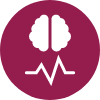
Brain-Computer Interface Neurofeedback Therapy[1]
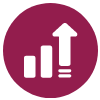
78% of children with ADHD showed overall improvements[2]
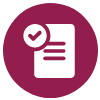
Published evidence in peer reviewed journals, including the top medical journal “Nature”[3]
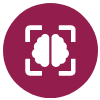
Statistically significant improvements including evidence with fMRI brain scans
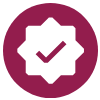
Patented design and methodology.
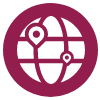
Deployed in over 50 countries supporting 11 languages[4]
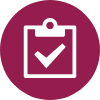
No Adverse Side Effects, No Game addiction
Jointly developed by A*STAR’s Institute for Infocomm Research (I²R), Institute of Mental Health, and Duke-NUS Medical School in Singapore, Cogo is easily administered and is a fun and interactive game to help children focus better

Brain-Computer Interface Neurofeedback Therapy[1]

78% of children with ADHD showed overall improvements[2]

Published evidence in peer reviewed journals, including the top medical journal “Nature”[3]

Statistically significant improvements including evidence with fMRI brain scans

Patented design and methodology.

Deployed in over 50 countries supporting 11 languages[4]

No Adverse Side Effects, No Game addiction
[4] Languages supported: English, Simplified & Traditional Chinese, Thai, Turkish, Japanese, Bahasa Indonesian, Polish, German, Spanish and Romanian
Cogo is a non-pharmacological and game-based attention training program. Using neurofeedback technology, our digital therapeutics (DTx) solution has taught children how to stay focused, control their impulses better, and apply these skills in real-world situations.
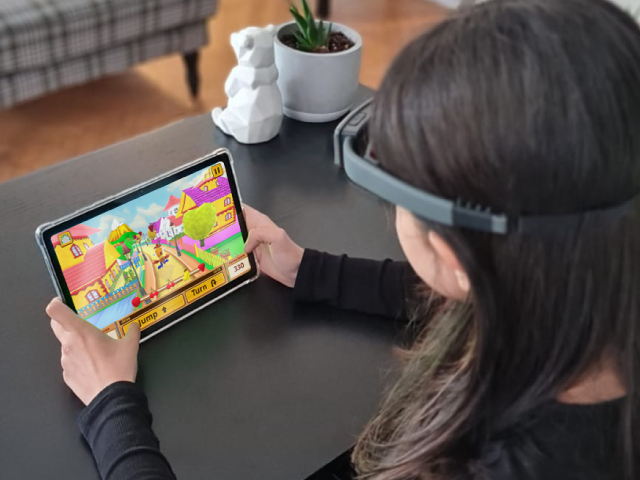
Children aged 6 to 12, regardless of their current attention abilities, can use Cogo to improve their focus.
24 Sessions in 3 Months
2 to 3 Sessions per Week
30-45 Minutes per Session
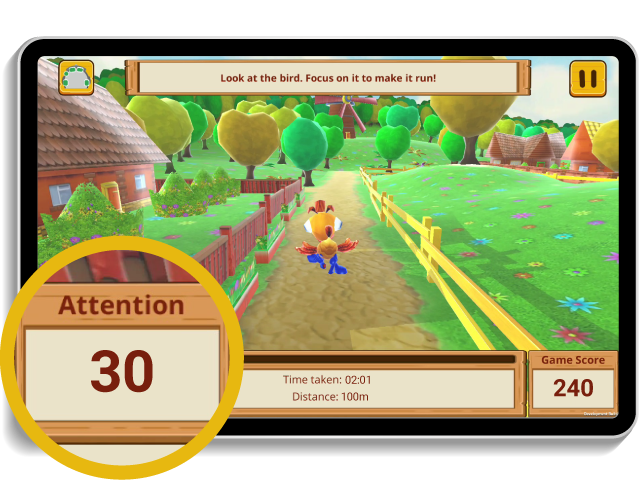
Customise attention baseline for each child.
Child's focus level drives the avatar to either move forward or to stop.
Game play helps improve sustained attenion, selective attention, and inhibition control.
See improvements in handling everyday tasks such as paying attention in class or answering academic questions.
Andrew
A Father from Australia
Metin
A Father from Turkey
CK
A Mother from Singapore
Pinar
A Mother from Turkey
Nick
A Father from Singapore
Tolga
A Father from Turkey
Figen
A Mother from Turkey
Parent of Azka,
Indonesia



Disclaimer: Neeuro products are not medical solutions and should not be used to diagnose or treat any medical condition. Individual results may vary.